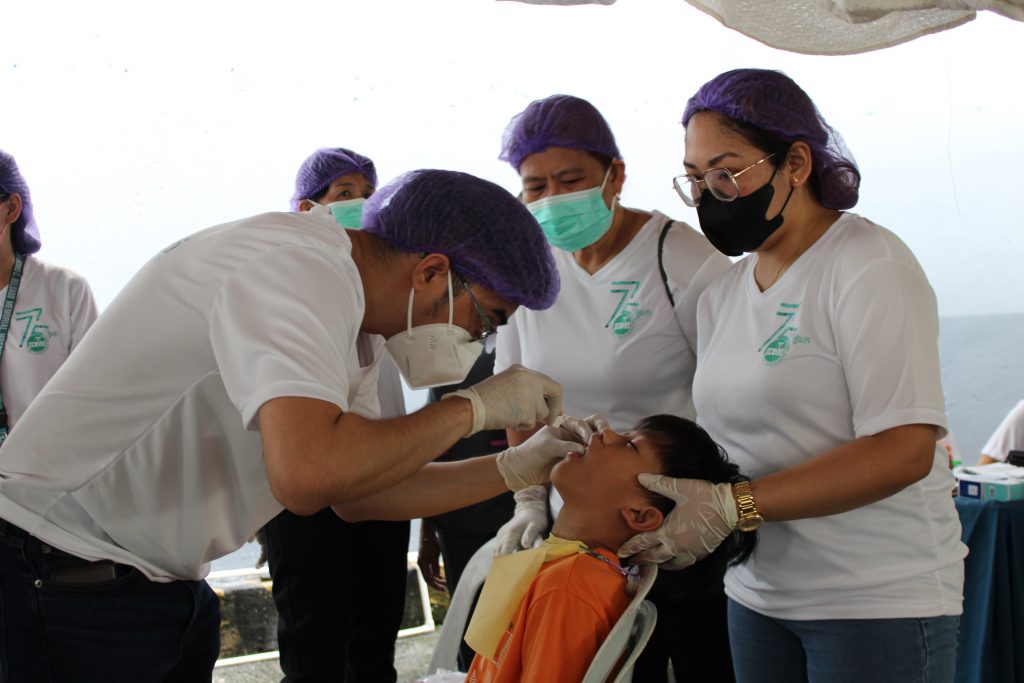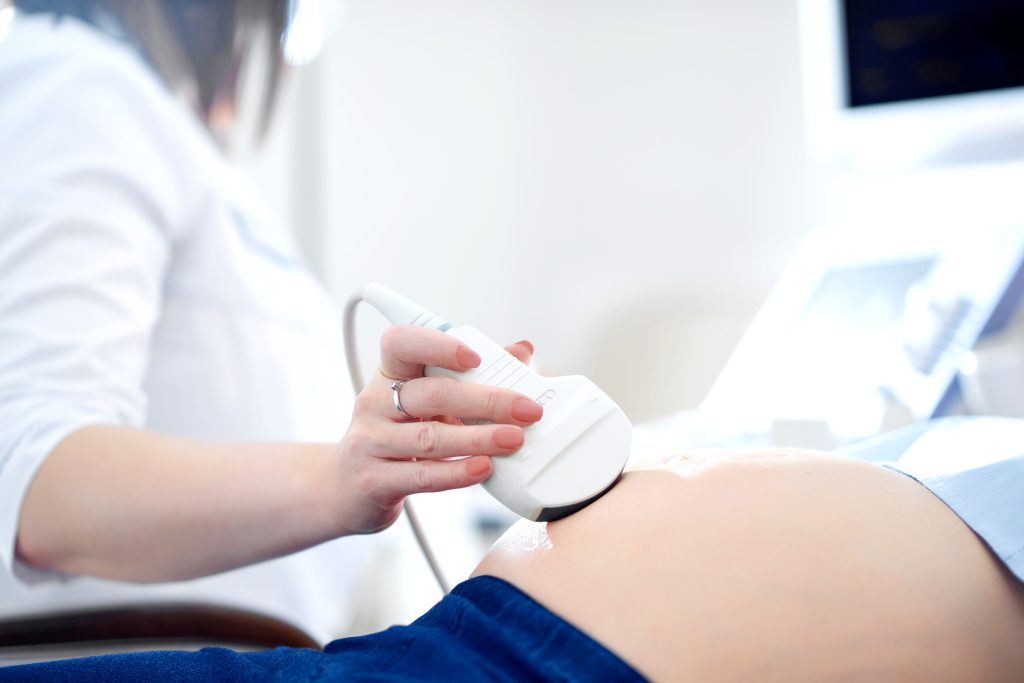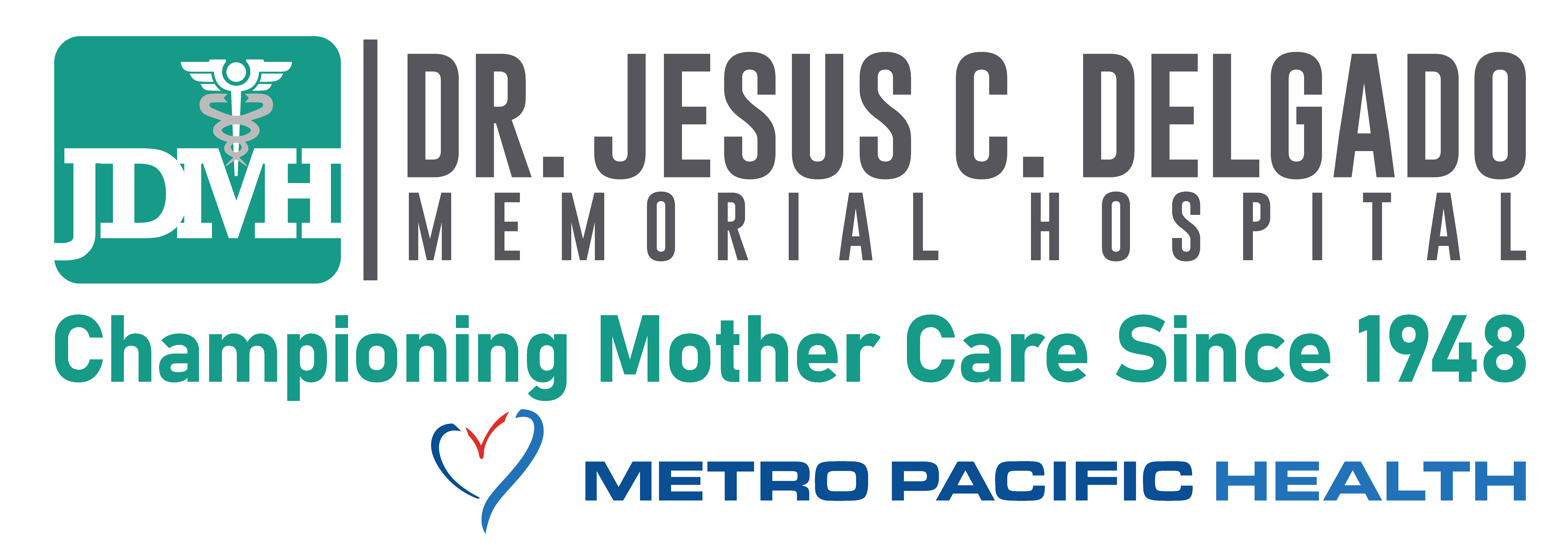How Dreams Go up in Smoke
September 18, 2020

How Alcohol Consumption Affects Fertility
By: Ace C. Odulio
It is often joked that a man unable to “perform” during a romantic date had too much liquor earlier that night. But, when it comes to the harmful effects of alcohol, it’s no laughing matter. Aside from being a “downer” and causing sexual dysfunction, excessive alcohol consumption can lead to behavioral changes, liver damage, and cancer, among others. Moreover, for a couple looking to conceive, heavy drinking can drastically affect their chances of having a baby.
“Infertility – or the failure to achieve a pregnancy after 12 or more months of regular unprotected sexual intercourse – is caused by both biological and lifestyle factors,” explained Grethel Vasquez, M.D., a fertility expert at Dr. Jesus C. Delgado Memorial Hospital. “Along with weight, tobacco use, caffeine, illicit drugs, and stress, one such lifestyle factor is alcohol consumption.”
Alcohol – specifically heavy drinking – can alter male and female fertility in many ways. For reference, the Centers for Disease Control and Prevention (CDC) define binge drinking as having five or more drinks on one occasion or within two to three hours. Meanwhile, heavy drinking is defined as having fifteen or more drinks per week.
For men, heavy drinking can lower testosterone levels and increase estrogen levels, which reduce sperm production; shrink the testes, which can cause impotence or infertility; cause early ejaculation or decreased ejaculation; and change the shape, size, and motility of healthy sperm.
The good news is that the effects of alcohol on male fertility are reversible. A 2010 study published on the National Center for Biotechnology Information (NCBI) showed that, once alcohol consumption has ceased, it can take three months for healthy sperm production to return.
While it is well known that drinking during pregnancy harms the fetus and cause birth defects, alcohol can also cause miscarriage or abortion and similarly damaging effects for women who are yearning for a baby. Regular heavy drinking can disrupt menstrual cycles and ovulation; thus making it difficult to conceive a child.
“Furthermore, when alcohol is paired with other lifestyle factors like smoking, drug use, or stress, you are creating a dangerous cocktail that increases your risk of being infertile,” Dr. Vasquez commented. “That is why it is recommended to abstain from alcohol consumption when trying to conceive.”
Keeping your hopes up
“Infertility is a multifactorial condition—and for most couples, dealing with it on their own can be very discouraging,” remarked Dr. Vasquez, who is also the Clinic Manager of the Delgado Assisted Fertility Center (DAFC). “At DAFC, we provide couples with a safe haven where they are ensured of comfort and privacy when talking about their challenges with infertility. Our urologists and fertility experts are available to discuss all your inquiries about the dreaded condition, and present you with the appropriate testing and treatment options.”
The Center provides affordable packages for fertility consultations, testing, and treatments such as intrauterine insemination (IUI), a simple and cost-efficient procedure that features inserting a suitable number of healthy sperm directly inside the woman’s uterus around the time of ovulation to ensure the maximum chance for conception.
“Hope awaits our yearning couples at the DAFC as they no longer need to carry the burden of uncertainty about infertility alone… anymore,” Dr. Vasquez assured.
***
The Delgado Assisted Fertility Center (DAFC) is located at the ground floor of Dr. Jesus C. Delgado Memorial Hospital, located along Kamuning Road, Quezon City. For your inquiries on assisted fertility, contact us at 8924-4051 to 65 ext. 407.

Delgado Hospital holds its first medical mission since the pandemic
August 5, 2023
As part of the celebration of its 75th Foundation Day Anniversary in the healthcare industry, Dr. Jesus C. Delgado Memorial Hospital held a Medical Mission last August 5, 2023…

Delgado Hospital celebrates its 75th anniversary
August 1, 2023
Last August 1, 2023, the doctors, leaders, and employees of Dr. Jesus C. Delgado Memorial Hospital gathered to celebrate a historic milestone—its 75th year in the health care industry…

Another step toward a safer pregnancy
April 3, 2023
High-risk pregnancies require mothers to take extra caution and see the doctor more often. Doctors specializing in patients with high-risk pregnancy are called perinatologists……

Why IUI?
September 11, 2020
A 2013 study indicated that 10 percent of couples from the Greater Manila Area have infertility issues. Despite these couples’ fervent desire to conceive—…




